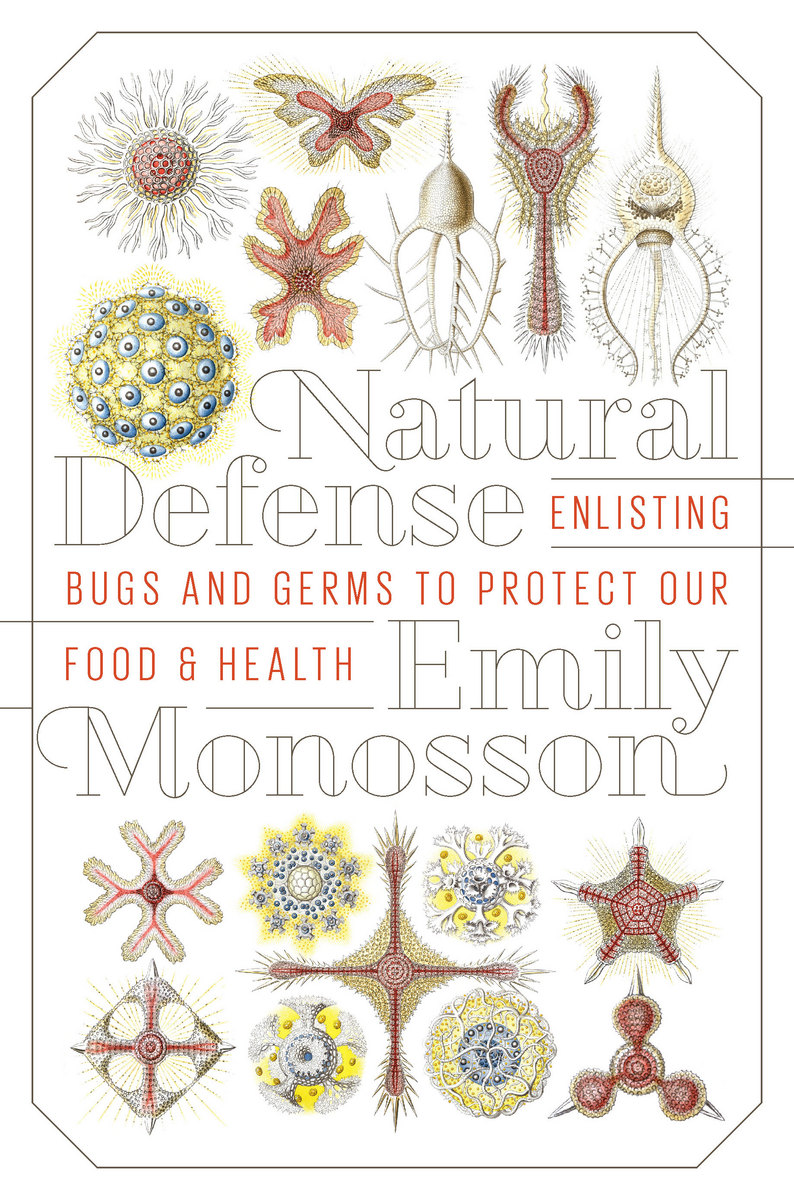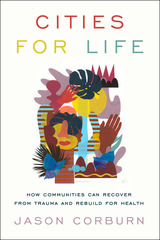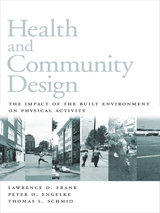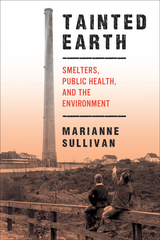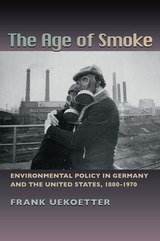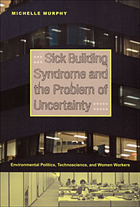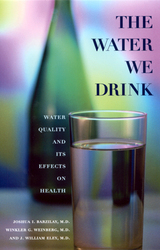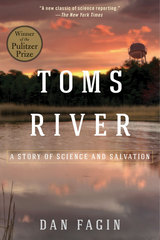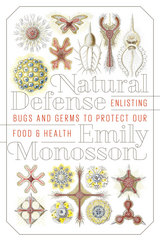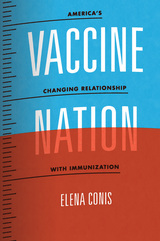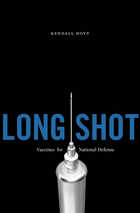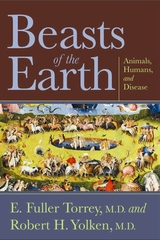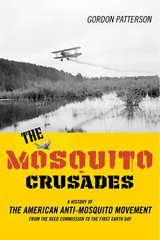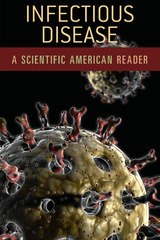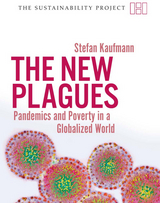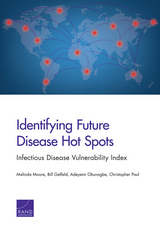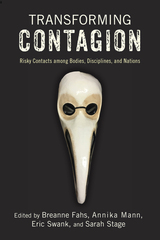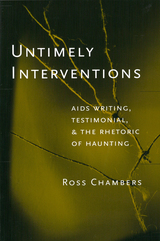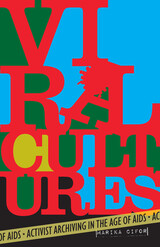Natural Defense: Enlisting Bugs and Germs to Protect Our Food and Health
Island Press, 2017
eISBN: 978-1-61091-720-9 | Cloth: 978-1-61091-718-6
Library of Congress Classification RA601.M66 2017
Dewey Decimal Classification 363.8
eISBN: 978-1-61091-720-9 | Cloth: 978-1-61091-718-6
Library of Congress Classification RA601.M66 2017
Dewey Decimal Classification 363.8
ABOUT THIS BOOK | AUTHOR BIOGRAPHY | REVIEWS | TOC | REQUEST ACCESSIBLE FILE
ABOUT THIS BOOK
For more than a century, we have relied on chemical cures to keep our bodies free from disease and our farms free from bugs and weeds. We rarely consider human and agricultural health together, but both are based on the same ecology, and both are being threatened by organisms that have evolved to resist our antibiotics and pesticides. Patients suffer from C.diff, a painful, potentially lethal gut infection associated with multiple rounds of antibiotics; orange groves rot from insect-borne bacteria; and the blight responsible for the Irish potato famine outmaneuvers fungicides. Our chemicals are failing us.
Fortunately, scientists are finding new solutions that work with, rather than against, nature. Emily Monosson explores science’s most innovative strategies, from high-tech gene editing to the ancient practice of fecal transplants. There are viruses that infect and bust apart bacteria; vaccines engineered to better provoke our natural defenses; and insect pheromones that throw crop-destroying moths into a misguided sexual frenzy. Some technologies will ultimately fizzle; others may hold the key to abundant food and unprecedented health. Each represents a growing understanding of how to employ ecology for our own protection.
Monosson gives readers a peek into the fascinating and hopeful world of natural defenses. Her book is full of optimism, not simply for particular cures, but for a sustainable approach to human welfare that will benefit generations to come.
Fortunately, scientists are finding new solutions that work with, rather than against, nature. Emily Monosson explores science’s most innovative strategies, from high-tech gene editing to the ancient practice of fecal transplants. There are viruses that infect and bust apart bacteria; vaccines engineered to better provoke our natural defenses; and insect pheromones that throw crop-destroying moths into a misguided sexual frenzy. Some technologies will ultimately fizzle; others may hold the key to abundant food and unprecedented health. Each represents a growing understanding of how to employ ecology for our own protection.
Monosson gives readers a peek into the fascinating and hopeful world of natural defenses. Her book is full of optimism, not simply for particular cures, but for a sustainable approach to human welfare that will benefit generations to come.
See other books on: Agriculture & Food | Agriculture & Food Policy | Disease & Health Issues | Environmental health | Microbiology
See other titles from Island Press
